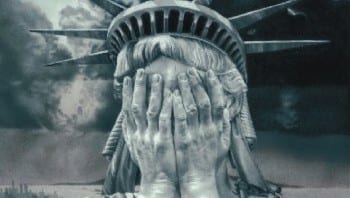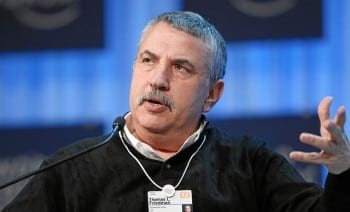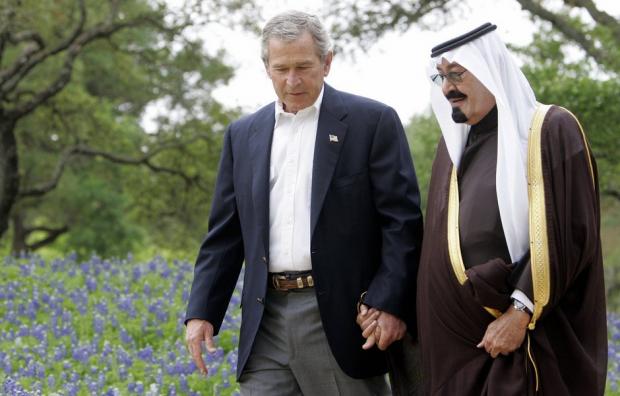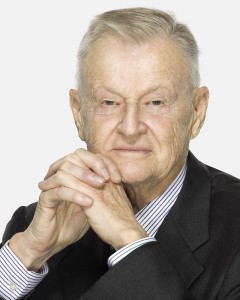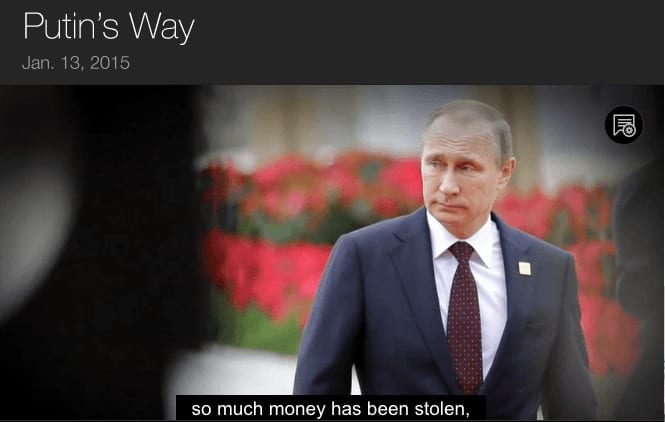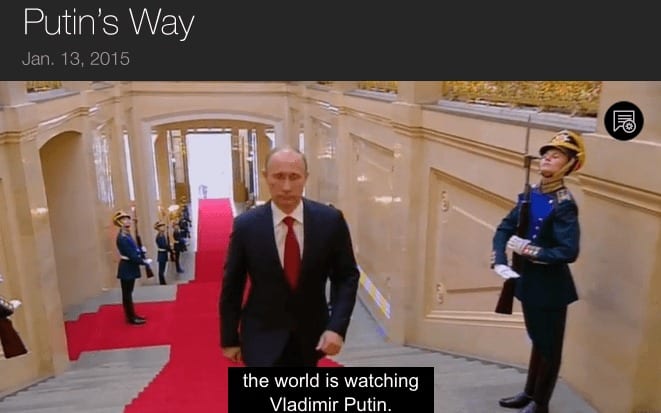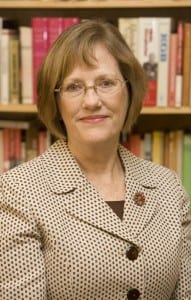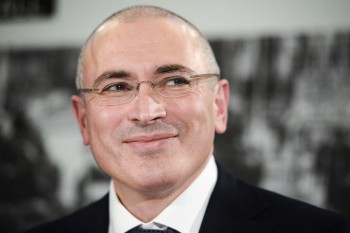Putin Explains Russia’s Syrian Policy
Russian President Vladimir Putin (C) talks to Foreign Minister Sergei Lavrov during a session of the Collective Security Treaty Organization (CSTO) in Dushanbe, Tajikistan, September 15, 2015. Putin on Tuesday said Russia would help Tajikistan ensure stability after gun battles killed more than 20 people this month, stoking fears of religious-related unrest in the ex-Soviet state. REUTERS/Mikhail Klimentyev/RIA Novosti/Kremlin![]()

Alexander Mercouris
summit meeting of Eurasian States in the Tajik capital Dushanbe has provided Putin with a platform to set out Russia’s position on the Syrian crisis.
As is often the case with Putin’s speeches, the Western media has barely reported it. Instead there continues to be the usual ill-informed speculation “about what Russia is doing in Syria”, founded on farfetched claims of grand Russian geopolitical strategies spiced up with false reports of Russian military activity.
In essence what Putin is saying is very simple: the Islamic State is an existential threat to everyone and all those involved in the Syrian civil war should put aside their differences and their geopolitical strategies to combine against it.
To that end Putin proposes a revival of what is in essence the peace plan to bring an end to the Syrian conflict proposed by Kofi Annan at the Geneva Conference in 2012 – that there should be negotiations between the Syrian factions to set up a power sharing government until a final settlement of the conflict can be agreed.
As Putin points out, Assad has accepted this proposal (“President Assad is ready to involve the moderate segment of the opposition forces in these processes, in managing the state”).
At the same time Putin restates that Russia will continue to provide the Syrian military with the supplies it needs to sustain itself, though he is careful to say that this is “necessary military technology assistance” – not (so far) active involvement in the fighting by the Russian military. Putin does not rule that possibility out but it is clear he only envisages it taking place as part of a broad international coalition against the Islamic State.
Above all Putin remains adamantly opposed to regime change. He points out that it is the West’s relentless pursuit of regime change that has destabilized the entire region, and which has caused the refugee exodus.
Besides, as Putin points out, defeating the Islamic State “….without active participation by the Syrian authorities and military, without participation by the Syrian army, as the soldiers fighting with the Islamic State say….” makes no sense at all.
As we have discussed previously, this is the Russian position.
If defeating the Islamic State is indeed the overriding priority, then Putin’s logic cannot be faulted.
The problem is – as has become very clear over the last few weeks – for the US and for the other members of the regime change coalition it is not.
It seems that for them overthrowing the government of President Assad remains the priority.
As the falsity of the claims of direct Russian military action in Syria became too strong to argue away, the Western government and media emphasis has shifted over the last few days to claims that the Russians are instead focusing on building a military presence in Syria, possibly as some sort of bargaining tool.
![]() Putin remains adamantly opposed to regime change. He points out that it is the West’s relentless pursuit of regime change that has destabilized the entire region, and which has caused the refugee exodus.
Putin remains adamantly opposed to regime change. He points out that it is the West’s relentless pursuit of regime change that has destabilized the entire region, and which has caused the refugee exodus.
There has been much talk – including production of satellite photographs – concerning Russian construction of an air base in Latakia. There has also been talk of the deployment of advanced T90 tanks and S300 anti-aircraft missiles to Syria. The US has also made attempts to prevent the flight of Russian cargo planes to Syria, which the Russians claim are carrying humanitarian supplies but which the US thinks – or wants people to think – are in reality carrying weapons.
It is certainly possible – and even likely – that in the face of the crisis caused by the rise of the Islamic State the Russians have stepped up their military supplies to Syria.
However some of the claims that are now being made do not look especially compelling.
The Russian presence in Latakia for example is nothing new. The Russians have long maintained a listening station there, and it makes sense in view of the deteriorating situation to extend the nearby airstrip and to deploy a small number of troops to secure it.
Whilst it is just possible the Russians are indeed establishing some sort of bridgehead, the Russian moves are equally consistent with precautionary steps for a possible hurried evacuation of the personnel manning the facility in case of a further deterioration of the situation, and this frankly looks like a more plausible explanation of what we are seeing.
As for the deployment of S300 missiles in Syria, no evidence of such a deployment exists, and these reports are certainly false. {Not to mention that Syria and Russia would be perfectly justified to introduce what are essentially defensive weapons against an aggressive enemy constantly threatening obliteration by land, air and sea.—Eds.]
In the light of Putin’s comments it is difficult to avoid the conclusion that, as we discussed previously, the disinformation campaign about the Russian military build-up in Syria is intended to discredit the current Russian diplomatic initiative before it properly gets going, rather than because of any genuine concerns that the Russian military presence in Syria is increasing.
Whether that is so or not, the alarm expressed in Western capitals about the Russian military presence in Syria is nothing short of extraordinary.
Putin is surely right that the Islamic State poses a danger to everyone and that the way to deal with it is to combine against it. That this logic is being so vehemently resisted is bizarre and frankly tragic, and shows how fixated with their geopolitical plans Western leaders have become.
The following are extracts from a speech made by Putin in Dushanbe taken from Russia’s Presidential website:
“I mentioned the situation in Syria and Iraq; they are the same as the situation in Afghanistan, in that they worry all of us. Please allow me to say a few words on the situation in this region, the situation around Syria.
The state of affairs there is very serious. The so-called Islamic State controls significant stretches of territory in Iraq and Syria. Terrorists are already publicly stating that they have targets set on Mecca, Medina and Jerusalem. Their plans include expanding activities to Europe, Russia, Central and Southeast Asia.
We are concerned by this, especially since militants undergoing ideological indoctrinations and military training by ISIS come from many nations around the world – including, unfortunately, European nations, the Russian Federation, and many former Soviet republics. And, of course, we are concerned by their possible return to our territories.
Basic common sense and a sense of responsibility for global and regional security require the international community to join forces against this threat. We need to set aside geopolitical ambitions, leave behind so-called double standards and the policy of direct or indirect use of individual terrorist groups to achieve one’s own opportunistic goals, including changes in undesirable governments and regimes.
As you know, Russia has proposed rapidly forming a broad coalition to counteract the extremists. It must unite everyone who is prepared to make, or is already making, an input into fighting terrorism, just as Iraq and Syria’s armed forces are doing today. We support the Syrian government – I want to say this – in countering terrorist aggression. We provide and will continue to provide the necessary military technology assistance and urge other nations to join in.
Clearly, without active participation by the Syrian authorities and military, without participation by the Syrian army, as the soldiers fighting with the Islamic State say, you cannot expel terrorists from this nation, as well as the region overall, it is impossible to protect the multi-ethnic and multi-faith people of Syria from elimination, enslavement and barbarism.
Of course, it is imperative to think about the political changes in Syria. And we know that President Assad is ready to involve the moderate segment of the opposition, the healthy opposition forces in these processes, in managing the state. But the need to join forces in the fight against terrorism is certainly at the forefront today. Without this, it is impossible to resolve the other urgent and growing problems, including the problem of refugees we are seeing now.
Incidentally, we are seeing something else: we are currently seeing attempts to practically put the blame on Russia for this problem, for its occurrence. As if the refugee problem grew because Russia supports the legitimate government in Syria.
First of all, I would like to note that the people of Syria are, first and foremost, fleeing the fighting, which is mostly due to external factors as a result of supplies of arms and other specialized equipment. People are feeling the atrocities of the terrorists. We know that they are committing atrocities there, that they are sacrificing people, destroying cultural monuments as I already mentioned, and so on. They are fleeing the radicals, first and foremost. And if Russia had not supported Syria, the situation in that nation would have been even worse than in Libya, and the flow of refugees would be even greater.
Second, the support of the legitimate government in Syria is not in any way related to the flow of refugees from nations like Libya, which I already mentioned, Iraq, Yemen, Afghanistan, and many others. We were not the ones that destabilised the situation in those nations, in whole regions of the world. We did not destroy government institutions there, creating power vacuums that were immediately filled by terrorists. So nobody can say that we were the cause of this problem.
But right now, as I said, we need to focus on joining forces between the Syrian government, the Kurdish militia, the so-called moderate opposition, and nations in the region to fight the threat against Syria’s very statehood and the fight against terrorism – so that together, with our efforts combined, we can solve this problem…” —(V. Putin, President of Russia)
ABOUT ALEXANDER MERCOURIS
Alexander is a writer on international affairs with a special interest in Russia and law. He has written extensively on the legal aspects of NSA spying and events in Ukraine in terms of human rights, constitutionality and international law. He worked for 12 years in the Royal Courts of Justice in London as a lawyer, specializing in human rights and constitutional law.
His family has been prominent in Greek politics for several generations. He is a frequent commentator on television and speaker at conferences. He resides in London.
…
Nauseated by the
vile corporate media?
Had enough of their lies, escapism,
omissions and relentless manipulation?
Send a donation to
The Greanville Post–or
But be sure to support YOUR media.
If you don’t, who will?
